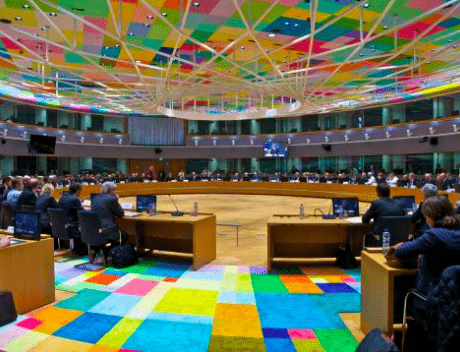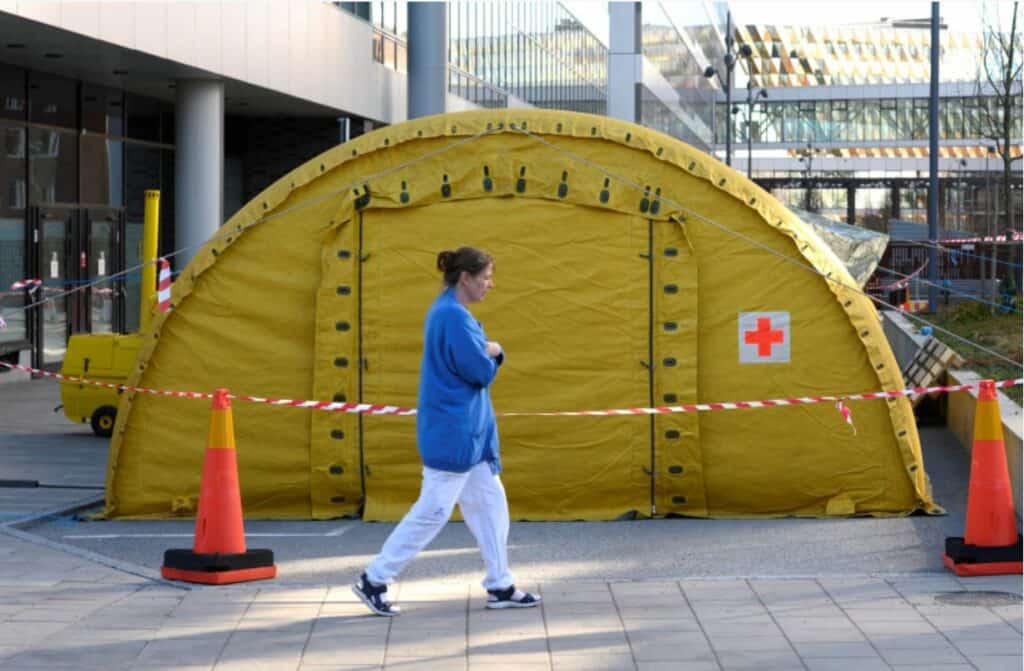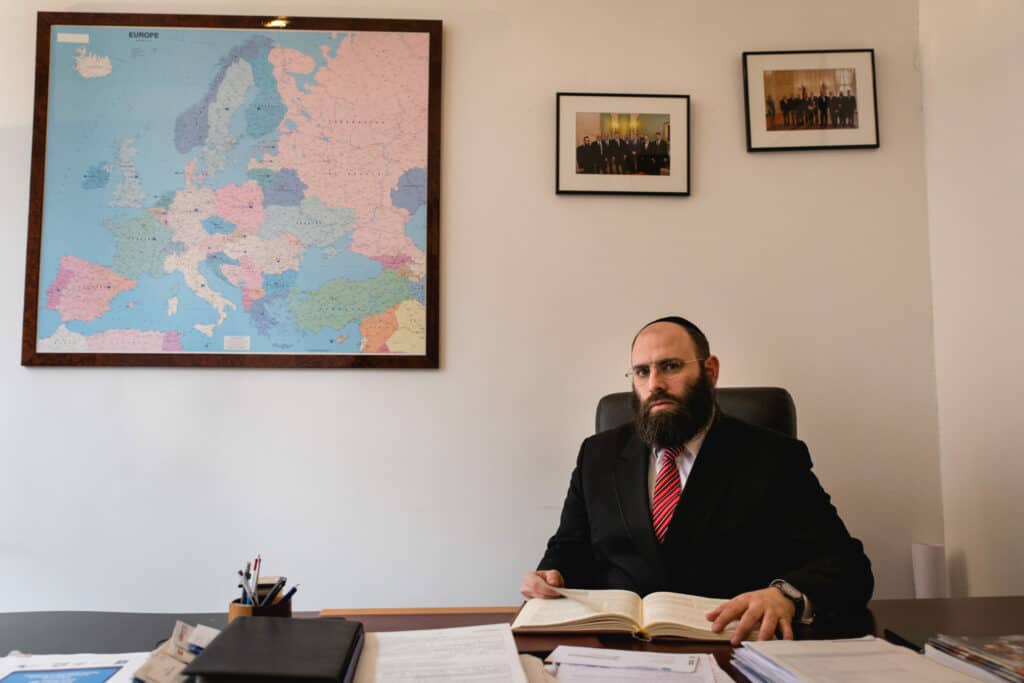“The ‘Group of the Elders of Zion’ and Mayer AmschelRothschild, the skilful founder of the famous dynasty that still today controls the International Banking System, led to the creation of a manifesto: ‘The Protocols…’”
Looking at the above quote, you would think that it was written by a Nazi in the 1930’s, right?
Wrong. This was posted this week by Senator Elio Lannutti, of the Italian Five Star Movement on Twitter.
On the 27th January we will have marked International Holocaust day.
Senator Lannutti reminded us why we must continue to mark international holocaust day, and why we can never assume such a horrendous calamity could never be inflicted on us again.
Antisemitism is as stubbornly rooted as ever. Try and rip it up and its seeds will travel somewhere else. From France to Spain, or Belgium to Belorussia, the political winds that carry it can be strong, or a barely perceptible breeze, but still they blow.
Deborah Lipstadt knows this. She describes where we are right now as a “perfect storm”.
Lipstadt is best know for the libel suit filed against her, by the Holocaust denier David Irving. In her latest book “Antisemitism: Here and Now,” she examines the recent rise in anti-Semitism in the U.S., the U.K., and Europe.
In an interview with the New Yorker this week, she summed the situation up as follows:
“On some level, it is the same old, same old. The construct is the same, the stereotypes are the same. But I think what is different today is that we’re seeing a perfect storm, in that usually it comes from either the right or the left politically. Today we’re seeing it from the political right and the political left, and we are seeing it particularly—not only, but particularly—in Europe from Islamist extremists, or jihadists, or whatever term you’d like to use.”
Why is anti-Semitism still with us? I believe that it is so deeply embedded, that it operates almost at a subconscious level in most people. After all, when things go bad, economically, politically or otherwise, we are to blame. But if any other random group had these accusations laid at their door, such as pizza delivery people or cyclists, everyone would say it was nuts.
Yes, it can sometimes feel like a heavy burden, but Ann Frank, displaying a wisdom far beyond her tender years,summed it up neatly:
“Who has made us Jews different from all other people? Who has allowed us to suffer so terribly up till now? It is G-d that has made us as we are, but it will be G-d, too, who will raise us up again. If we bear all this suffering and if there are still Jews left, when it is over, then Jews, instead of being doomed, will be held up as an example. Who knows, it might even be our religion from which the world and all peoples learn good, and for that reason and that reason alone do we have to suffer now. We can never become just Netherlanders, or just English, or representatives of any country for that matter; we will always remain Jews, but we want to, too.”
I want you to take this message to heart.
Empires come and go, War turns to Peace, and back again, yet still we are here, giving the world the shared totality of our many talents, expertise and wisdom. Not for ourselves but for everyone.
We want to remain Jews. Because we are. Because we can be no other. Because not being so is like asking us not to breathe. Yes, we are leaders in science, the arts, and yes, Senator, in Banking too.
It is not arrogance or self-serving interest that drives us on, as the antisemites would have it.
In fact, it is the exact opposite. Our task was and remains to this day, the same task that each of us were given at Sinai by the Almighty: To make the world a better place. This responsibility rests on every Jew, from Rothschild the banker to Rosenbaum the street cleaner. It is not for our benefit that we do our best, but to honour the task that G-d gave us, for the benefit of all humanity.
We must never lose sight of this. And we must never relent in our task. I will leave the last word to Winston Churchill. Let it be your call to action, and a reminder to us all on dark days such as Holocaust Memorial Day:
“Some people like the Jews, and some do not. But no thoughtful man can deny the fact that they are, beyond any question, the most formidable and most remarkable race which has appeared in the world.”
May G-d continue to bless us all.














